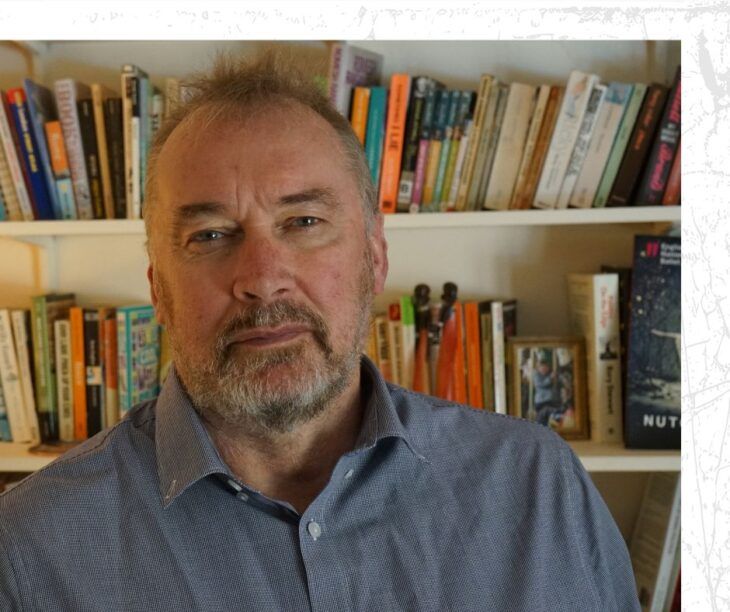Finding The Keys To Much-Needed Prison Reform Can’t Come Soon Enough

Mike Trace, CEO, The Forward Trust, @MikeTrace61 (X/Twitter)
For the first time in my lifetime a PM entering Downing Street has put prison reform at the top of the agenda. Frankly, it’s long overdue after decades of neglect and limited attention.
Those of us who work in prisons know how long the prisons crisis has been brewing – and that it must be confronted head-on. It’s not rocket science, either. Why does it matter? Because if you want to reduce crime, violence and victims – and all the trauma, loss and fear that results – you need to find ways to make sure that custody is not solely a place of punishment but a place of purposeful activity that enables people to turn their lives around.
As our More Than My Past campaign celebrates, we know people can – and do – transform their lives in prison. We see it at Forward every day. We know that many prisons have a dedicated workforce who do their utmost to help people move on. However, this has become increasingly difficult as a result of policy and funding decisions over the last 12 years.
For a system to work, its staff need to feel safe, empowered, and inspired in the vital work they do; and prisoners need to know that another direction is possible.
We can set out the long list of problems the new government faces in prisons: overcrowding, ageing estate, inexperienced workforce, poor health and mental health of prisoners, and a thriving drug market that has filled the gap left by the lack of purposeful activity and rehabilitation programmes. These are not new problems, but they have escalated to a crisis point.
It’s brave of an incoming government to talk about prison reform. There are no quick fixes.
Yet, the rewards to society can’t be overestimated. A reduced conveyor belt of criminality, reduced victims, and breaking the generational cycles of crime and poverty that blight too many communities will build a stronger society.
This is what we need to do:
1. Invest in prison staff, providing training and support that helps retention, improve culture and supports recruitment.
2. Stifle the drugs market in prison. Strengthen intelligence-led approaches that punish the dealers and identify the corrupt.
3. Provide safe addiction treatment and recovery spaces. Spaces that offer the hope of change – with purposeful and focused therapeutic programmes.
4. Shake up offender management and mental health interventions in prisons, and provide meaningful community-based alternatives for people whose offending is connected to their addiction or mental ill health.
5. Provide a pathway to treatment and rehabilitation in the community that incentivises prisoners to work towards early release.
6. Reduce female prison population to the small number who have committed serious and violent offences.
7. Provide safe/secure environments for women to address addiction, mental ill health and exposure to domestic and sexual violence and coercive control.
8. Deliver education and skills in prison that are high quality, engaging and connect with external work opportunities.
9. Recognise the achievements of prisoners who have turned their lives around by encouraging them in to the workforce, and removing barriers to employment and ‘giving something back’.
10. Improved training and employability for prisoners to be job-ready upon release.
With the Prime Minister’s lead, and the Prison Minister’s evident commitment, this is an opportunity to reverse decades of decline and neglect. We are ready to support the government in this challenge.
For more information on how to reform prisons and address reoffending rates contact Forward Trust.